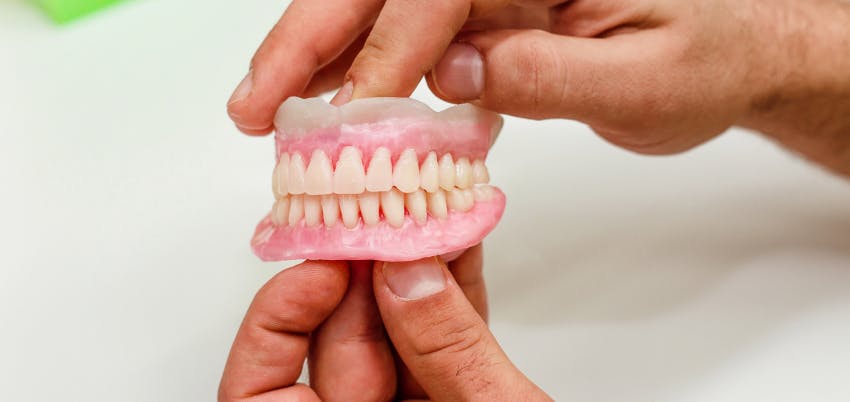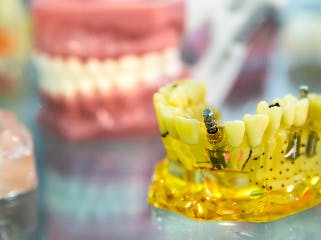
Why do gums swell and bleed? All about gum disease
by Wildsmile
It is very important to look after the health of your gums, as they are one of the main causes of tooth loss in adults.
Many adults around the world suffer from gum disease, which can range from simple inflammation and occasional bleeding to tooth loss. In this article we will tell you about gum disease, its causes, solutions and most importantly, how to avoid it.
Why do gums swell and bleed?
Gum disease is an infection of the tissues that surround and support the teeth, resulting in swelling and redness of the gums. This disease is known as gingivitis, and is generally a consequence of poor dental hygiene and the accumulation of tartar.
This condition is reversible and without consequences in early stages, so it is necessary to visit your dentist to have your teeth checked every six months.
What happens if I don't treat my gingivitis?
If gingivitis is not treated, it could evolve into a more complex and harmful disease, such as periodontitis, which means that your gums become separated from your teeth, forming small pockets that become infected. Without gum protection your teeth are at risk of being displaced and therefore becoming detached from the bones that support them, which inevitably leads to tooth loss. You can see why it is so important to treat gingivitis and periodontitis!
Related entry: THE 7 MOST COMMON ORAL DISEASES
Tips for a good gum health
- - Brush your teeth 3 times a day
- - Reduce or eliminate tobacco use
- - Visit your dentist twice a year
- - Floss at least once a day (the toothbrush does not deeply clean the area between the teeth)
- - Avoid brushes with hard bristles, use instead soft ones
- - Have a tooth cleaning every six months by your dentist
You may be interested in reading: HOW TOBACCO AFFECTS THE HEALTH OF YOUR MOUTH
Signs of a poor gum health
- - Gums that bleed easily
- - Red and swollen gums
- - Permanent bad breath
- - Gums that are separating from the tooth
- - Loose or floppy teeth
with a correct and constant dental hygiene you will keep your gums and teeth healthy. A large part of avoiding gingivitis or a periodontal disease is up to you and your good hygiene habits!
You may be interested in reading: DENTAL IRRIGATOR, THE PERFECT ALLY FOR A DEEP TOOTH CLEANING
Want to learn more about this?
Contact us
Your contact request is registered. We will contact you as soon as possible.
Lorem ipsum dolor sit amet, consectetur adipisicing elit. Adipisci alias aliquid amet commodi dolor, dolore doloremque dolores fugit quod repellat.
 POR
POR
 ENG
ENG






